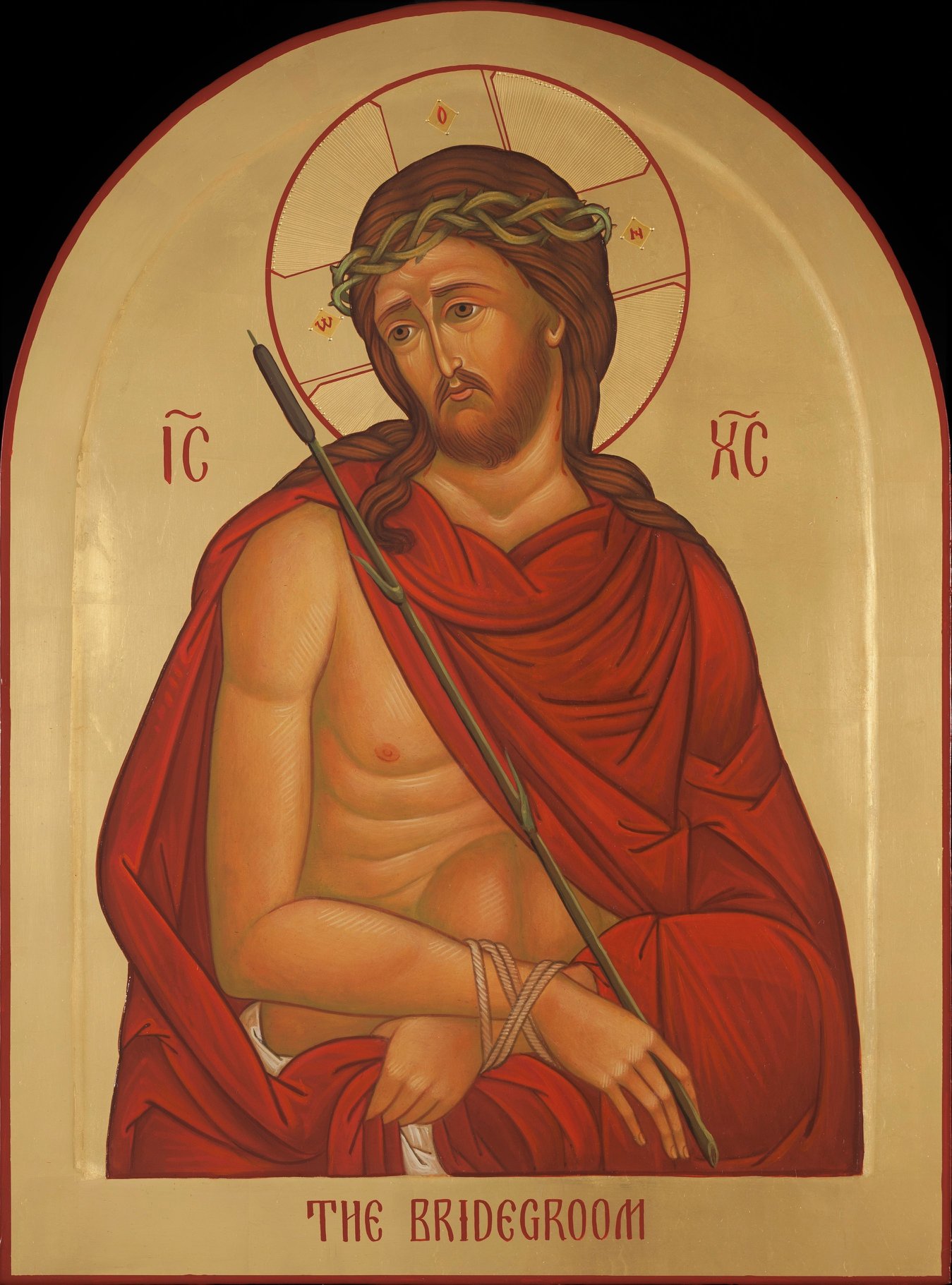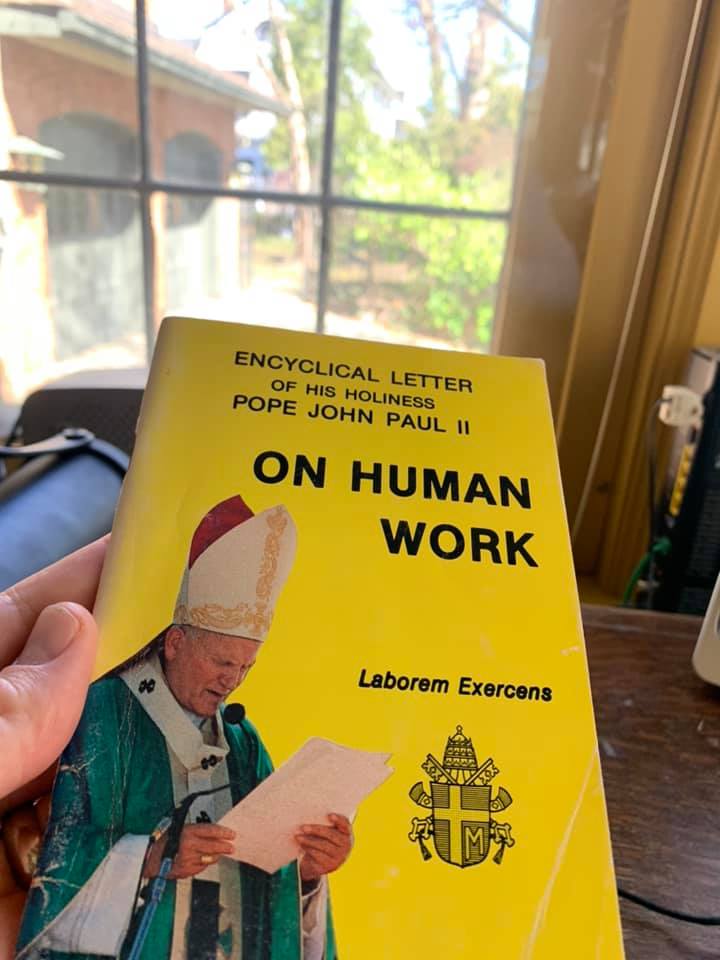 “From noon until the third hour in the afternoon there was darkness over all the earth. At the third hour, Jesus cried out in a loud voice, “Eli, Eli, lama sabachthani?” which means, “My God, my God, why have you forsaken me?” Hearing this, some of those who were present said,“He is calling upon Elijah.” And suddenly one of them ran to fetch a sponge and, soaking it in vinegar, he stuck it on a reed and gave him to drink. The others said, “Let be; let us see if Elijah comes to save him!” And Jesus, with a loud groan, gave up the spirit.”
“From noon until the third hour in the afternoon there was darkness over all the earth. At the third hour, Jesus cried out in a loud voice, “Eli, Eli, lama sabachthani?” which means, “My God, my God, why have you forsaken me?” Hearing this, some of those who were present said,“He is calling upon Elijah.” And suddenly one of them ran to fetch a sponge and, soaking it in vinegar, he stuck it on a reed and gave him to drink. The others said, “Let be; let us see if Elijah comes to save him!” And Jesus, with a loud groan, gave up the spirit.”
We are sinners and the death of Christ saves us. The death of Christ makes good whatever our past may be, but our past is full of that shadow we call sin. And it is the death of Christ that saves us. We cannot recognize Christ upon the cross without immediately understanding and feeling that this cross must touch us too, that no longer may we make any objection to sacrifice; no more objection to sacrifice, now that Lord has died.
Through that same gaze of ours fixed upon the cross – where He looks upon us with the constant eye of eternity, constant in pity and the will to save us, having pity upon us and our nothingness – through that gaze fixed constantly upon the cross, what would otherwise be something so strange as to seem to us detached from reality, arbitrary, senseless, becomes an experience of redemption. It is by keeping our gaze fixed upon the cross that we learn to perceive, by direct experience, the penetrating Presence and the ineluctable necessity of grace for the perfecting of our lives, for the joy of our lives. In Our Lady our heart’s adoration finds its exemplar and form. In fact the cross is not just for Christ: the death of Christ upon the cross saves the world, but not merely as an isolated event, in itself. Not by Himself alone does Christ save the world, but also by the cleaving of each one of us to suffering and the cross. Saint Paul says so: “I make up in my human flesh what is lacking in the sacrifice of Christ upon the cross – in the passion of Christ.”
With you, O Mary, we see that the renunciation of our lives that is required of us is not punishment, but is necessary for their salvation, their exaltation, their growth. Mary, let our offering, the offering of our lives, be of help to the poor world, this poor world, to enrich itself with the knowledge of Christ and to rejoice in the love of Christ.
~Meditation of the Servant of God Father Luigi Giussani on the Rosary



